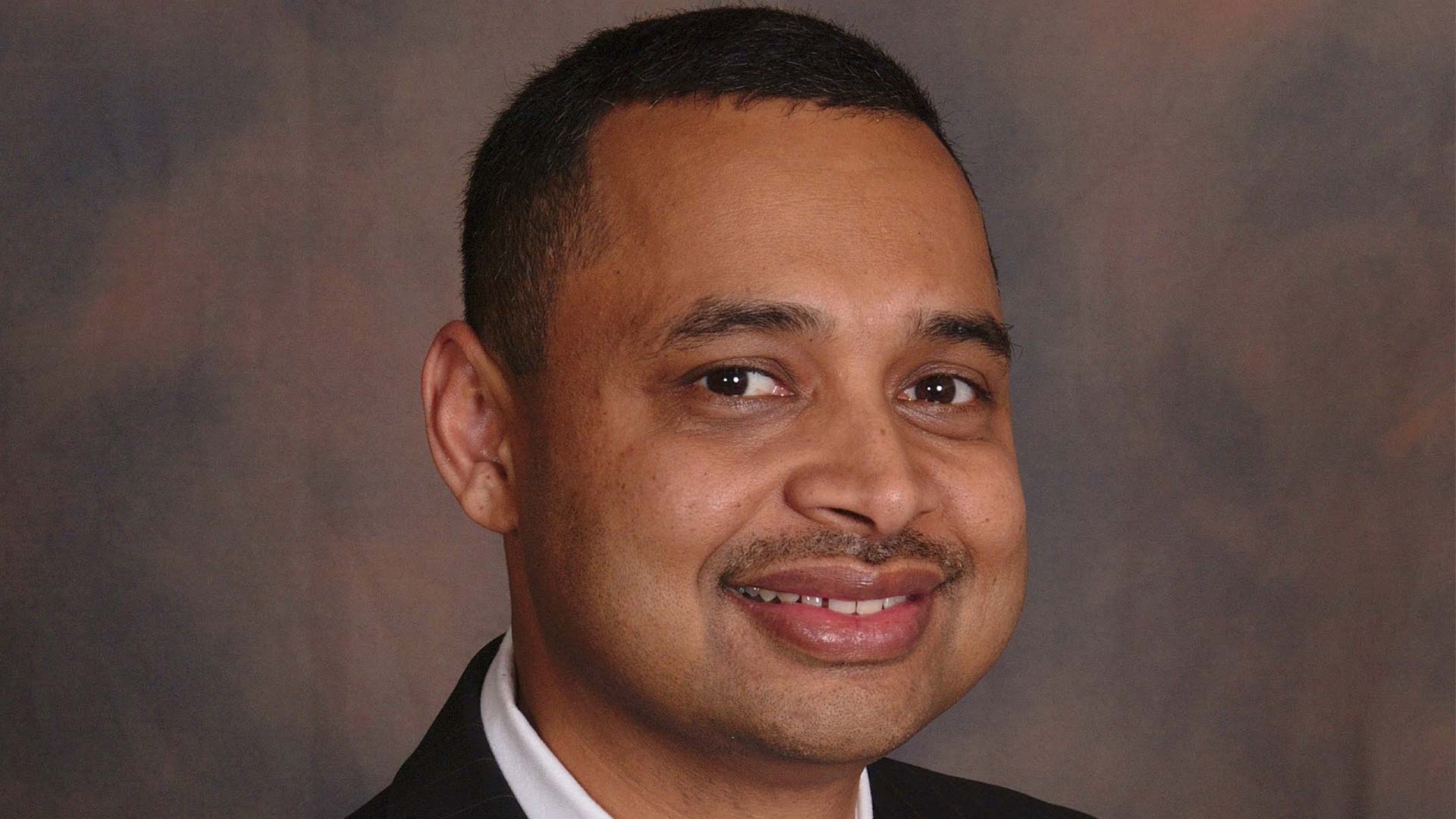With experience across three different industries, Amit Singh, SVP, Group Treasurer at Takeda Pharmaceuticals is no stranger to learning new things. In fact, he thinks it’s a necessity for all treasurers.

What brought you to treasury?
I started off in the oil and gas sector as a Petroleum Engineer at Schlumberger Oil Field in the Gulf of Mexico. At the time, I wasn’t even aware of treasury as a potential field. I rose to the top of the engineering ranks in five years and decided to go to business school to develop my growing interest in corporate finance.
I had every intention to come back to the oil and gas sector after my MBA, but during my studies I learned that a finance role can be industry agnostic. I searched for and selected a strong corporate finance programme at Pfizer, which rotated candidates through various finance departments – one of which was the treasury team in Dublin, Ireland. I was really hooked. The main draw was treasury’s combination of analytics and technology, both areas of interest for me.
How do you and your team anticipate and tackle some of the key challenges of today?
I take the professional challenge of keeping Takeda’s treasury excited about the team’s direction very seriously. I manage this in a number of ways. The first is to secure agreement as a team to continue to strive for improvement in systems and processes, while acknowledging that there is not an end-state at which we will stop completely. This ensures that there is a steady stream of projects to work on that stretch the team beyond their day jobs. I believe a learning team is an engaged team.
Secondly, I direct the team to plan and model many more transactions than are actually being executed. For capital markets and risk management, this keeps team members on their toes and reduces the chance of missing a fleeting market opportunity. We also try and rotate the team members across treasury to keep developing everyone.
Finally, I ensure the team often goes out to meet other treasury teams in order to benchmark themselves against the best in class. I have discovered that when we get a chance to meet external treasury teams, we get to see new fact patterns and new treasury solutions deployed in other industries. This allows a new perspective on how things can be done differently, and why certain industries tend to deploy particular treasury solutions.
What are some of the necessary skills for a treasurer to have?
Other than the necessity of having a facility with numbers and a penchant for analytics, there are a few things that are common amongst successful treasury professionals. The first is having an attention to detail. Many treasury activities are so unforgiving to mistakes that someone who just likes to ‘think the big picture’ would have a hard time succeeding. This is not a role for poets and cartoonists – no offence to poets and cartoonists!
I’ve also found that the most successful treasury professionals are a little paranoid and risk averse. Corporate treasury is partly a risk management role and therefore unsuitable for risk-seekers and day-traders. Successful treasury professionals spend their time worrying about low probability but high-impact, black swan events and planning around them. They sweat more in peace so they bleed less in a war.
Lastly, it’s really important to be good at explaining complex concepts in a simple manner, especially as you grow in your career and need to speak with senior management who may not have a treasury background. Couching your message in treasury-speak is a sure way to lose credibility fast.What are the main lessons you’ve learnt throughout your career?
Firstly, it is very hard to progress in your career by simply doing your current job well. You need to constantly improve yourself and strive for more responsibilities. In order to stand out, you need to go beyond your current role, learn new things, ask for new projects, develop financial modelling skills and build a general aura of credibility around yourself. In other words, bite off more than you can chew – and then chew it anyway.
Also, hard-working team players trump individual superstars, every time. And lastly, more projects fail due to poor communication than for any other reason. There is no such thing as ‘over communication’.